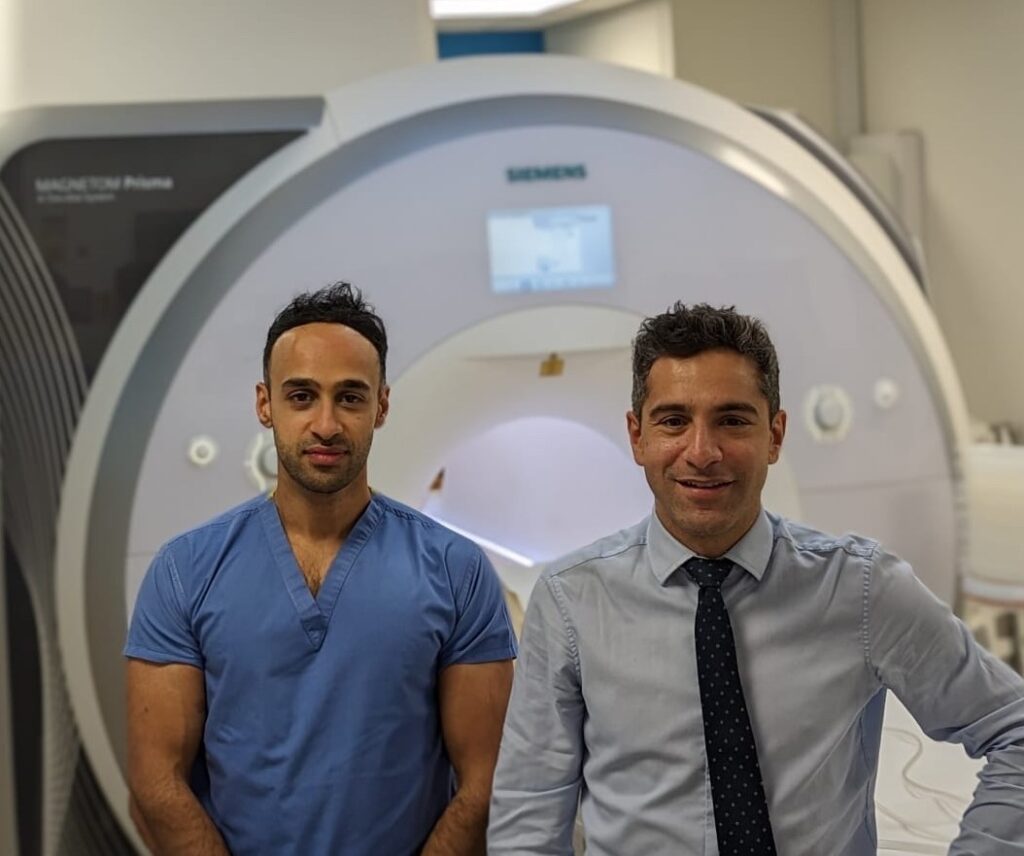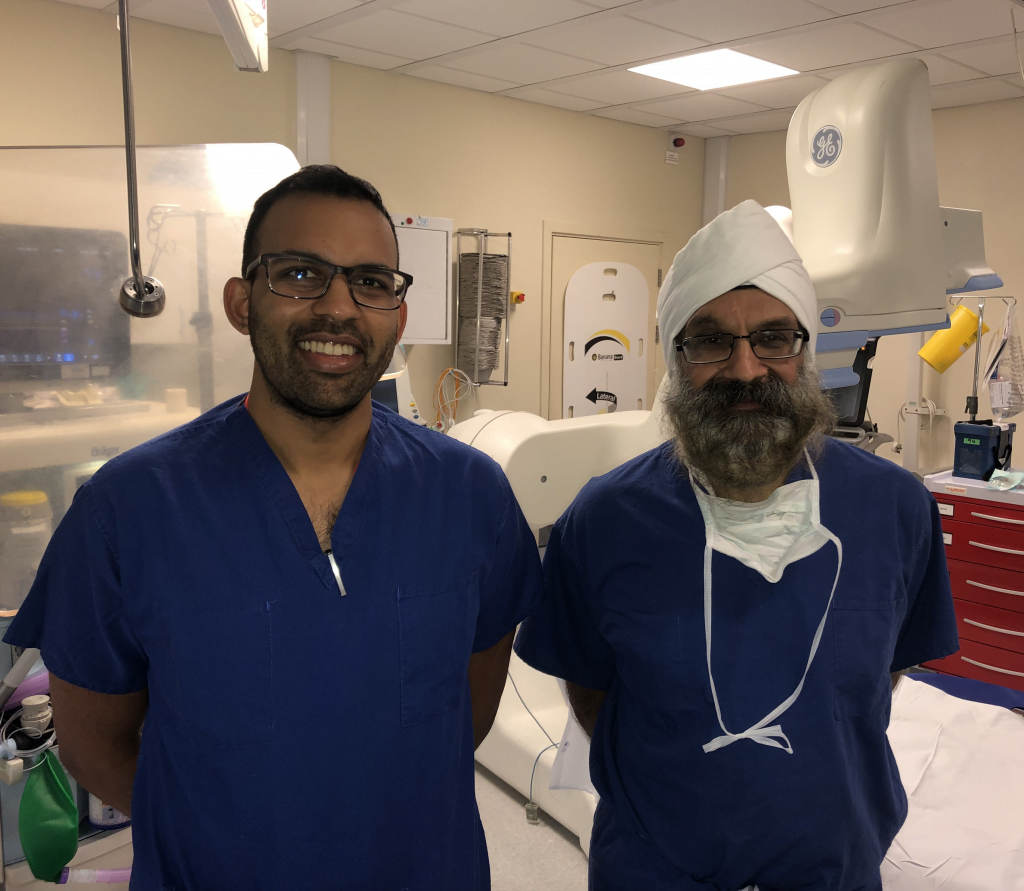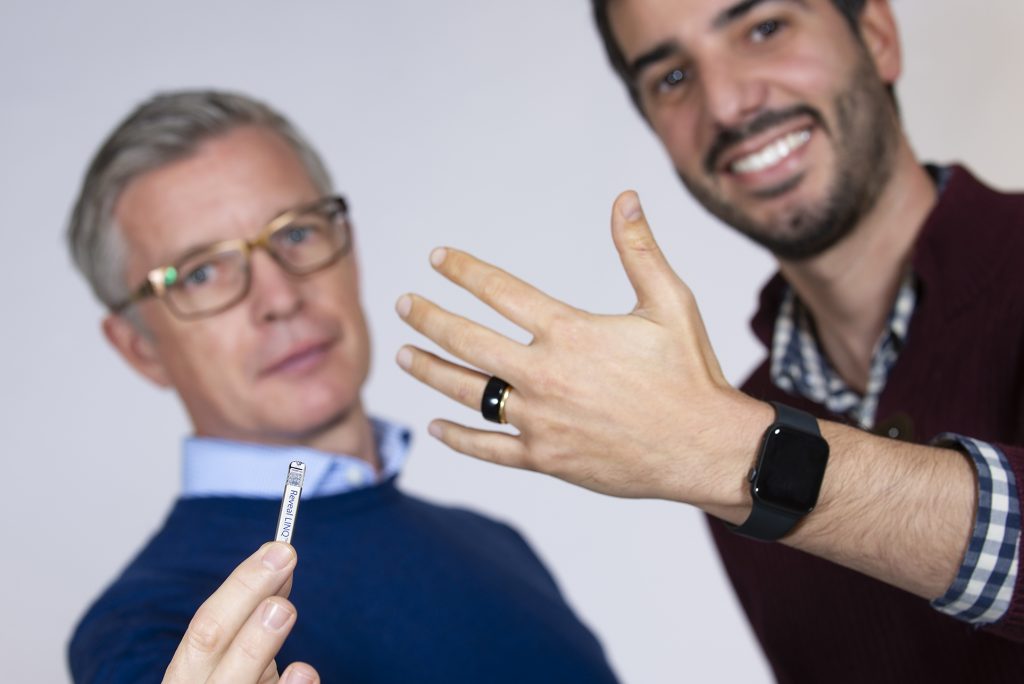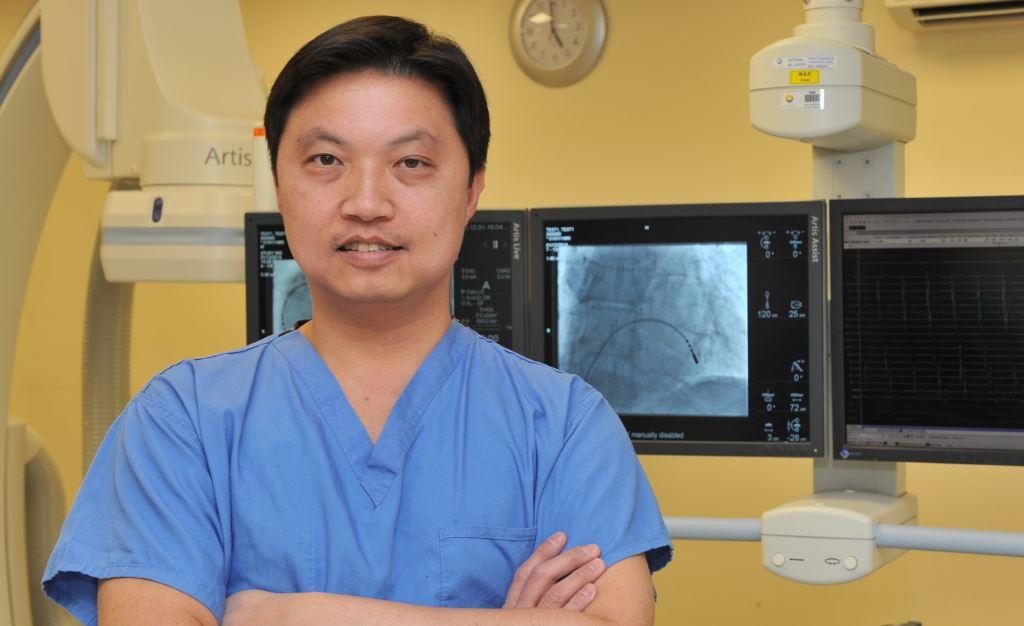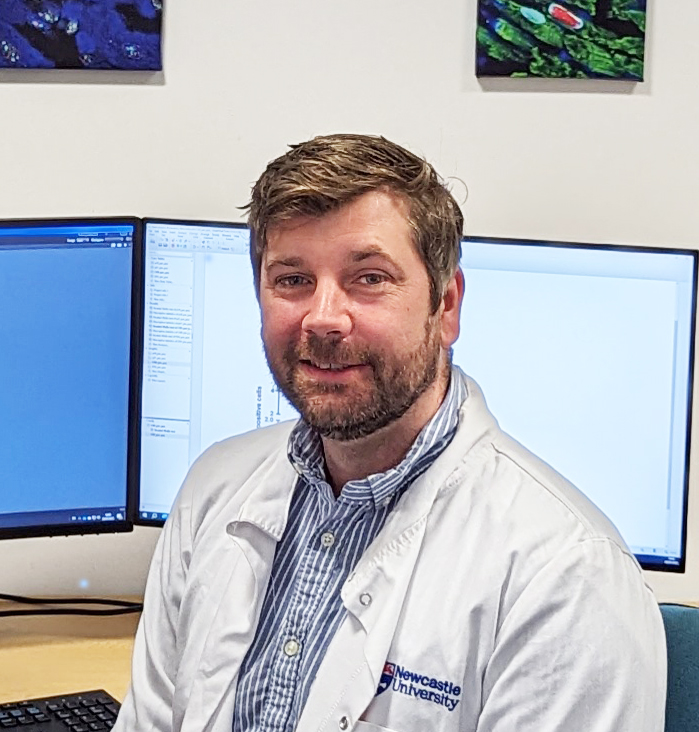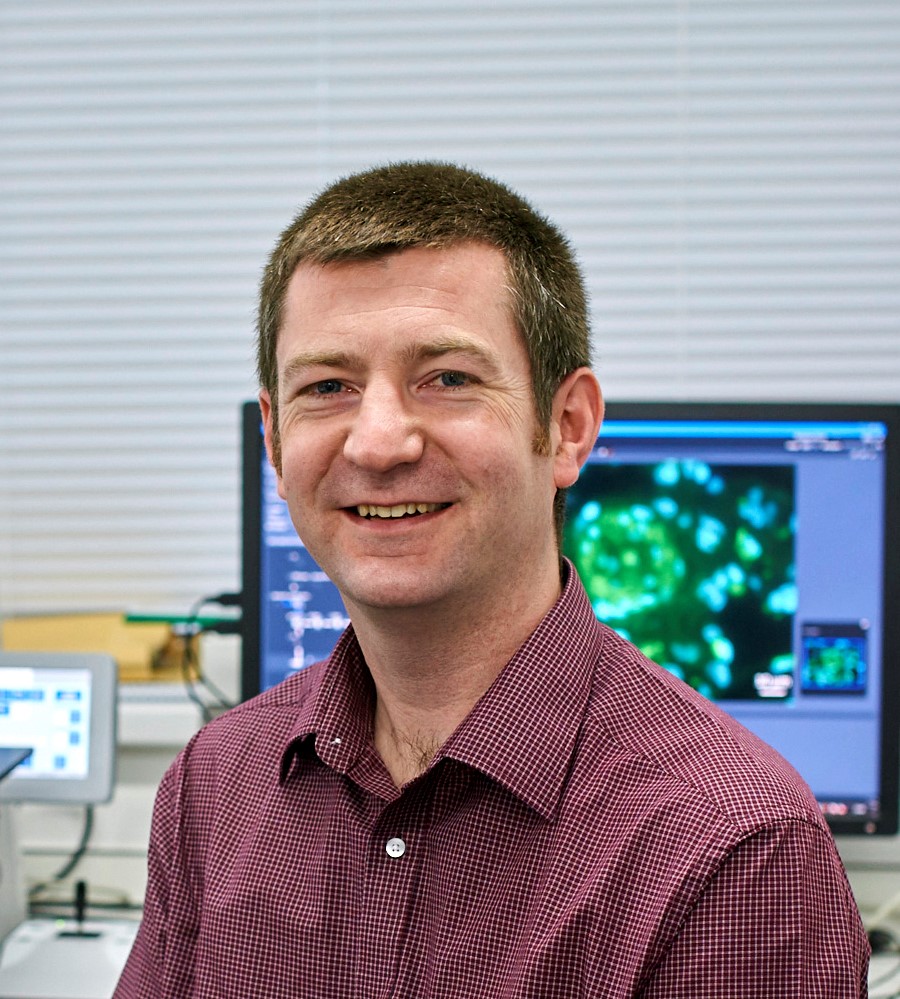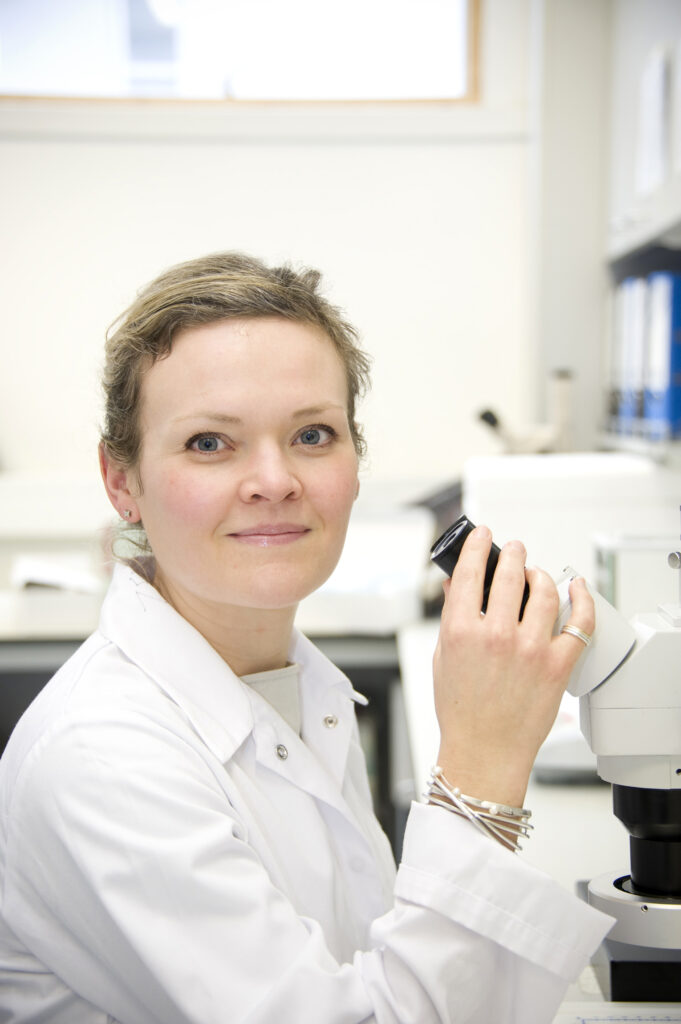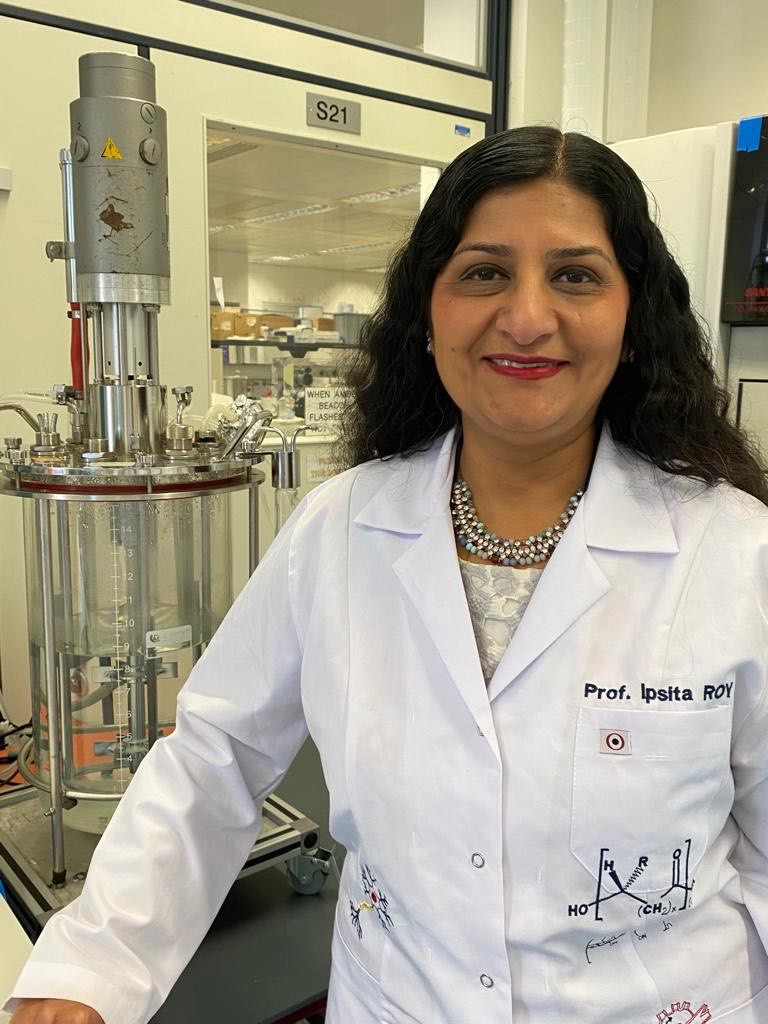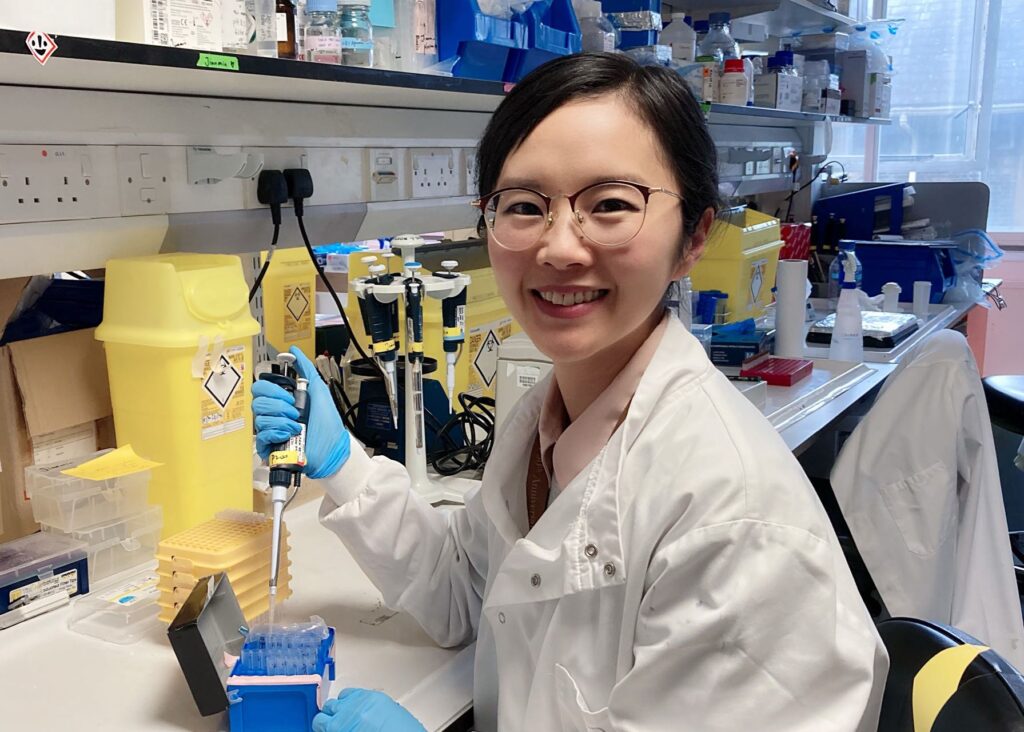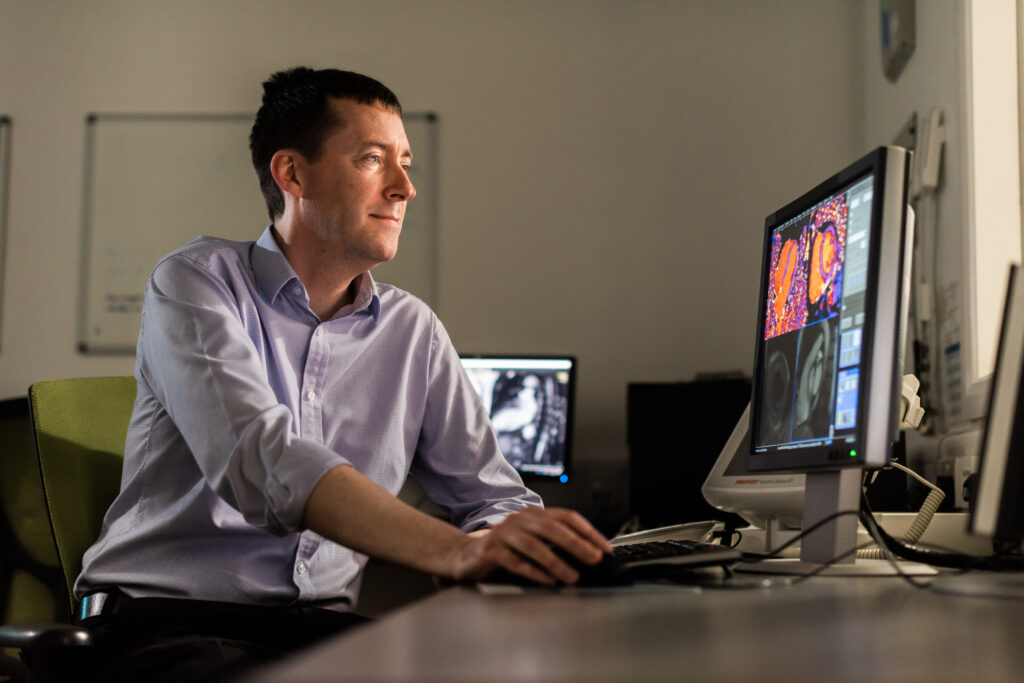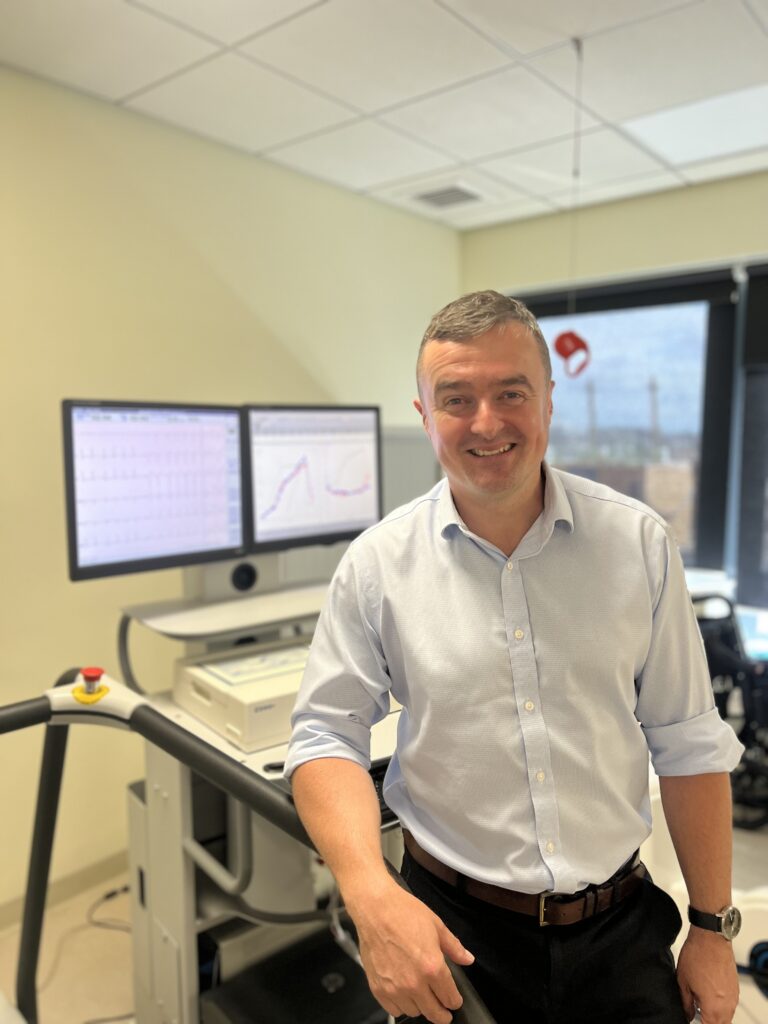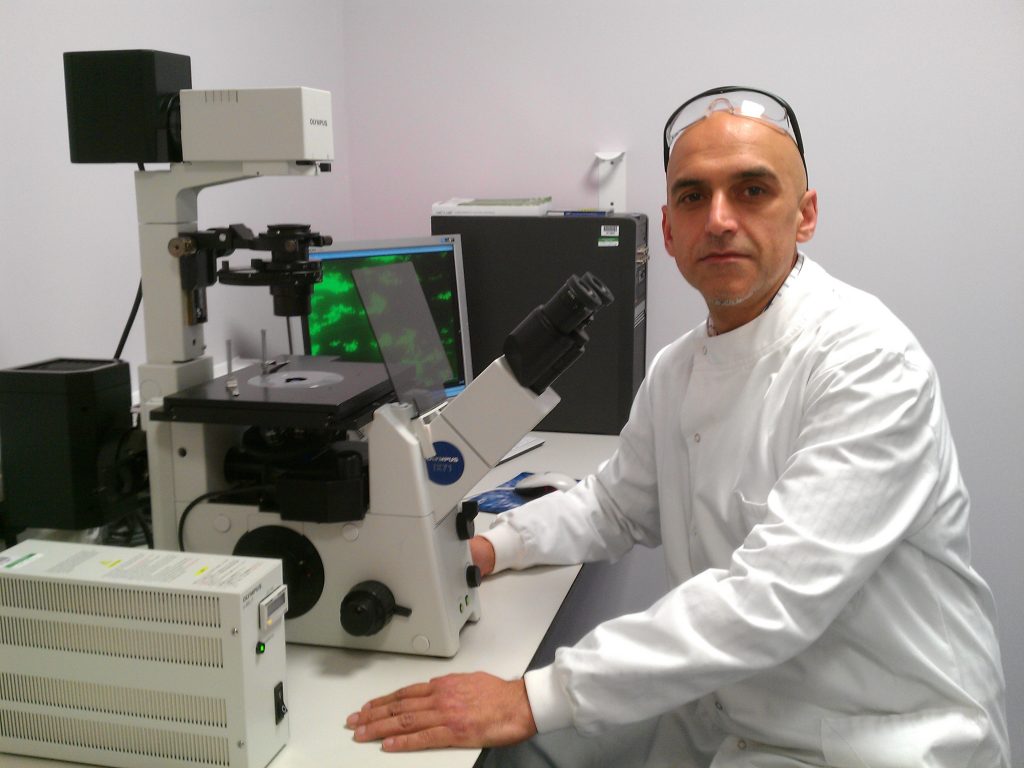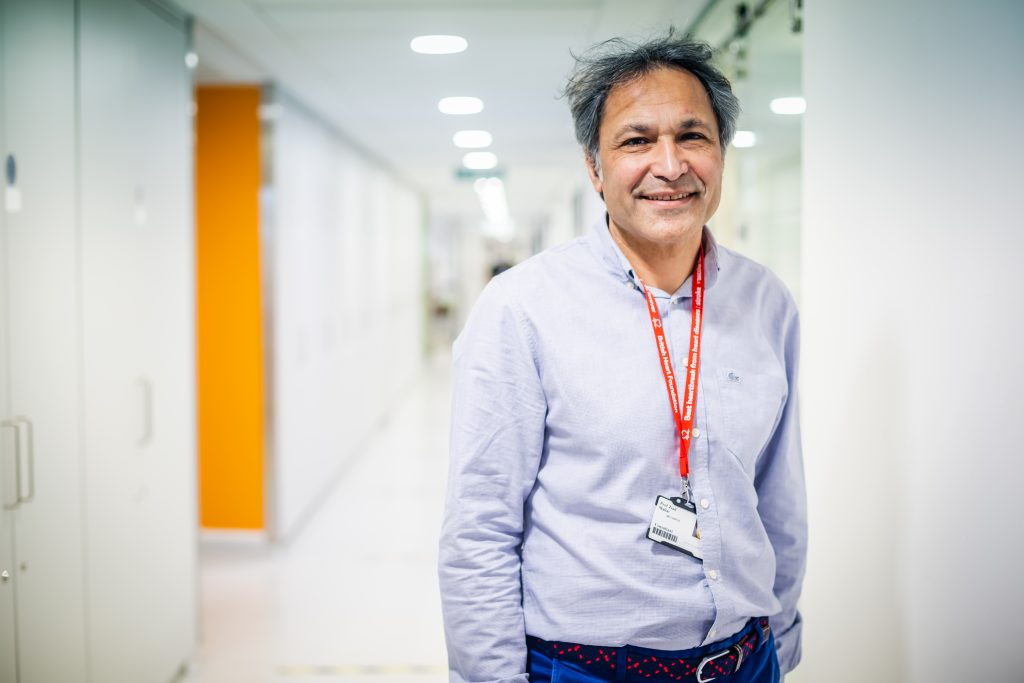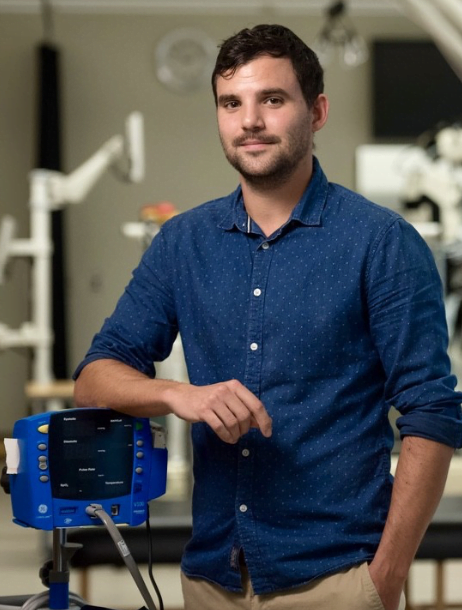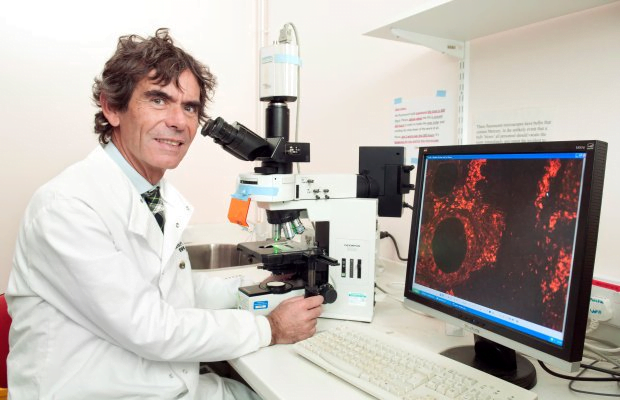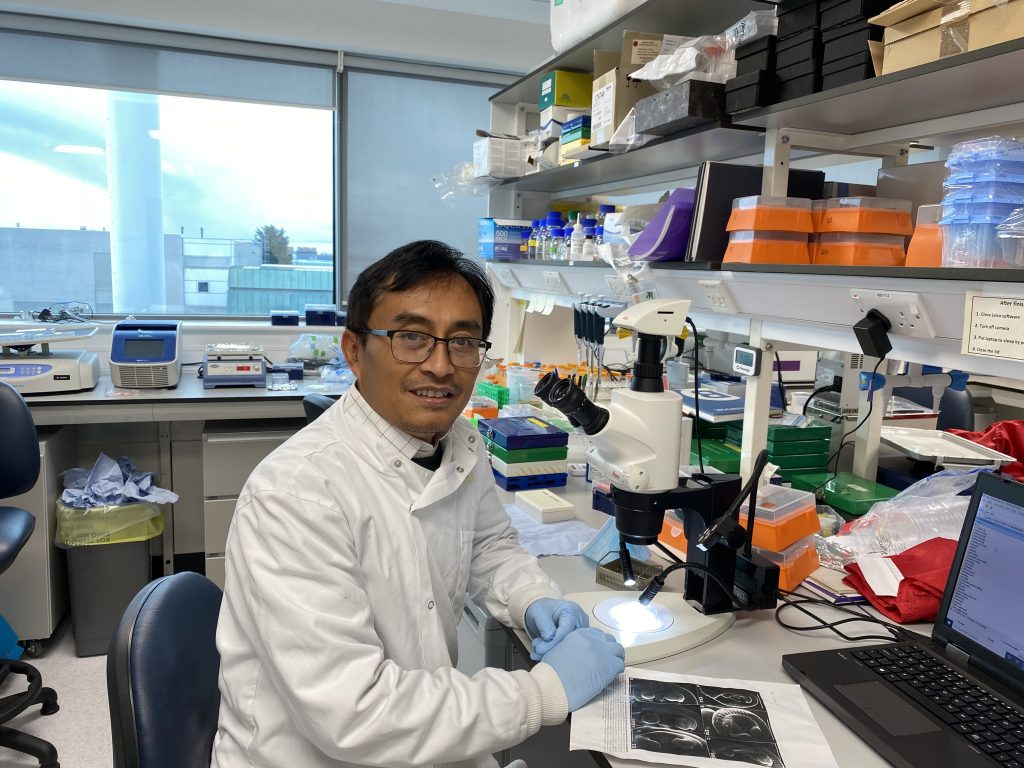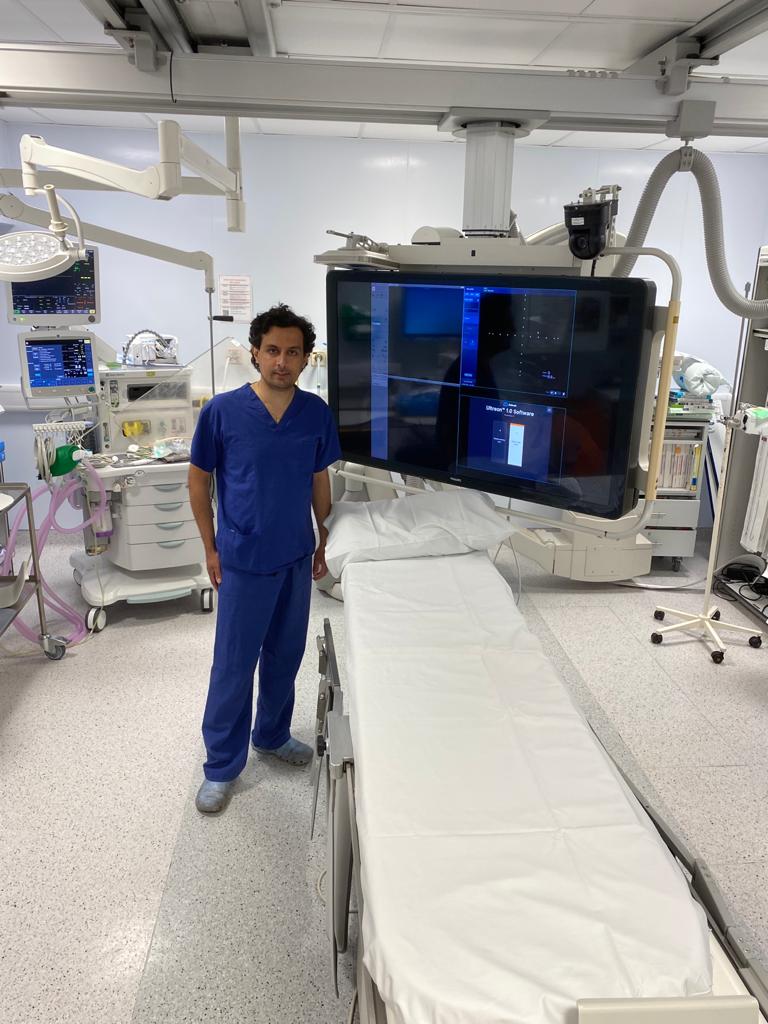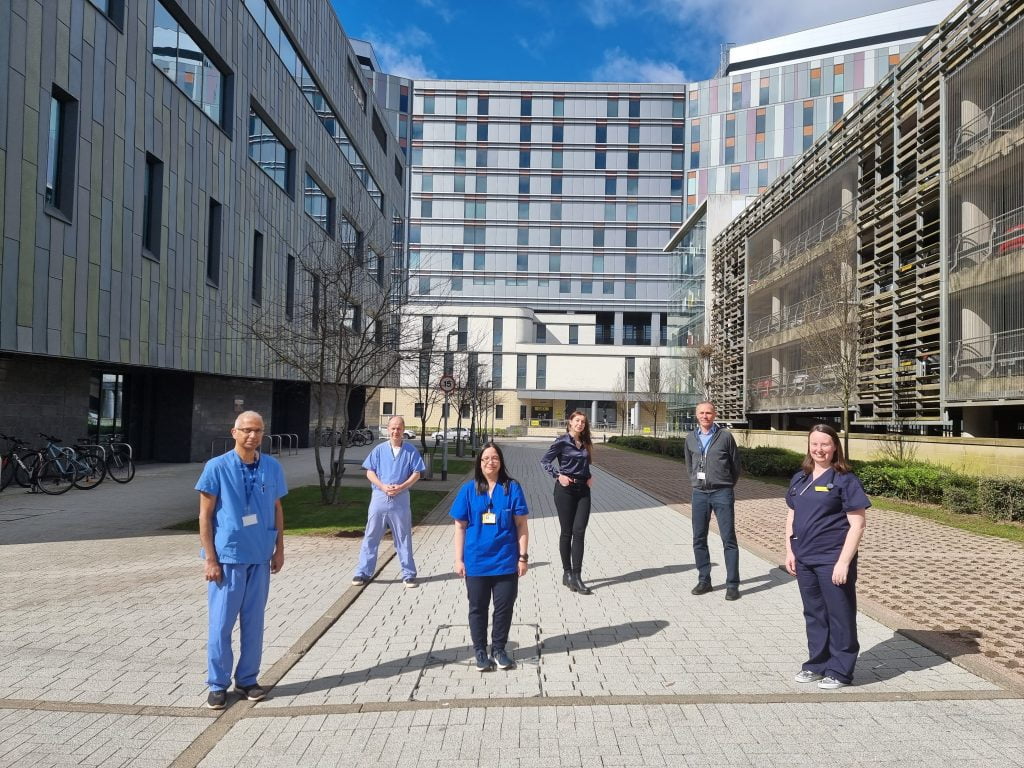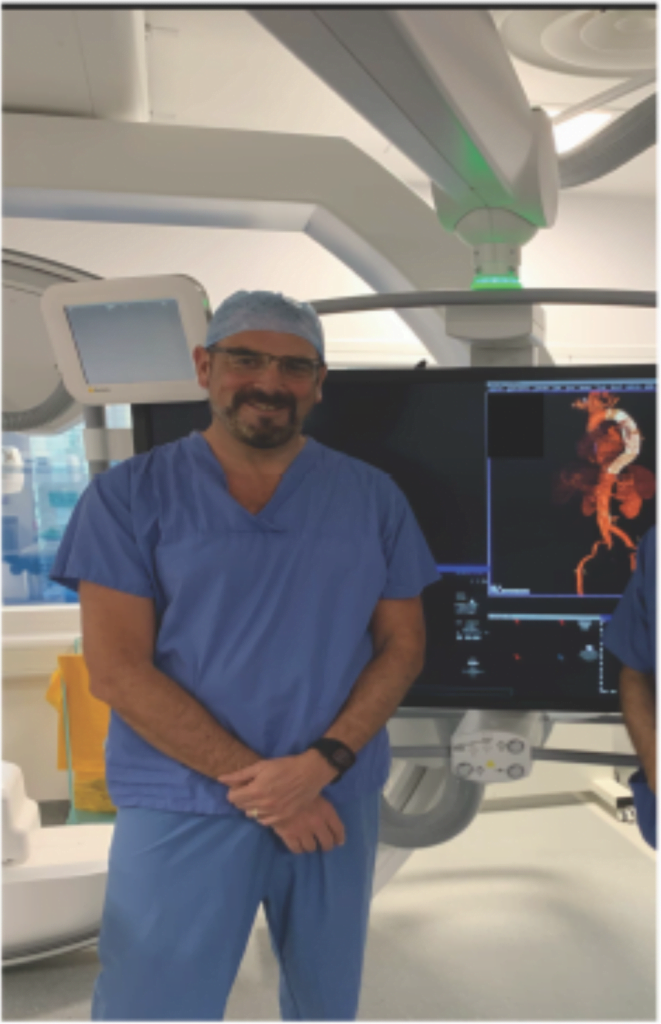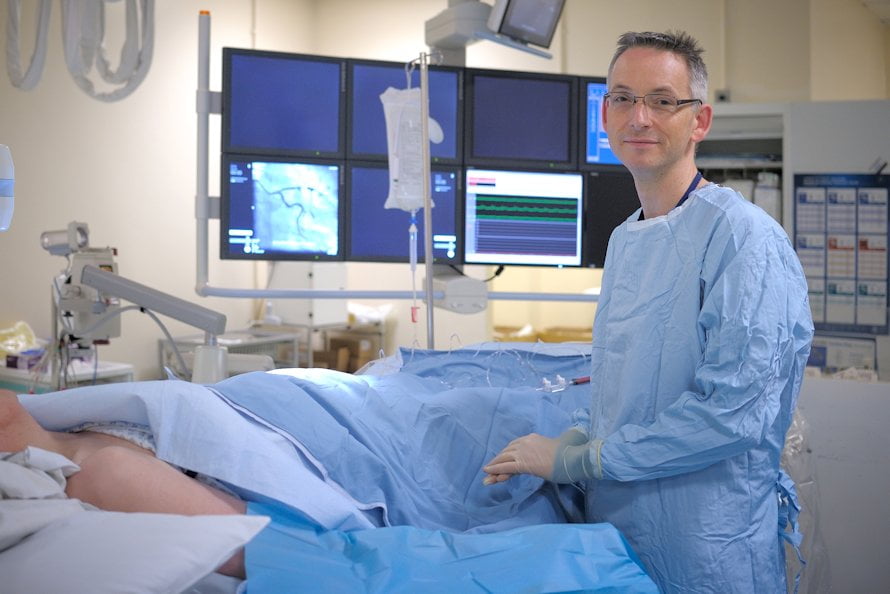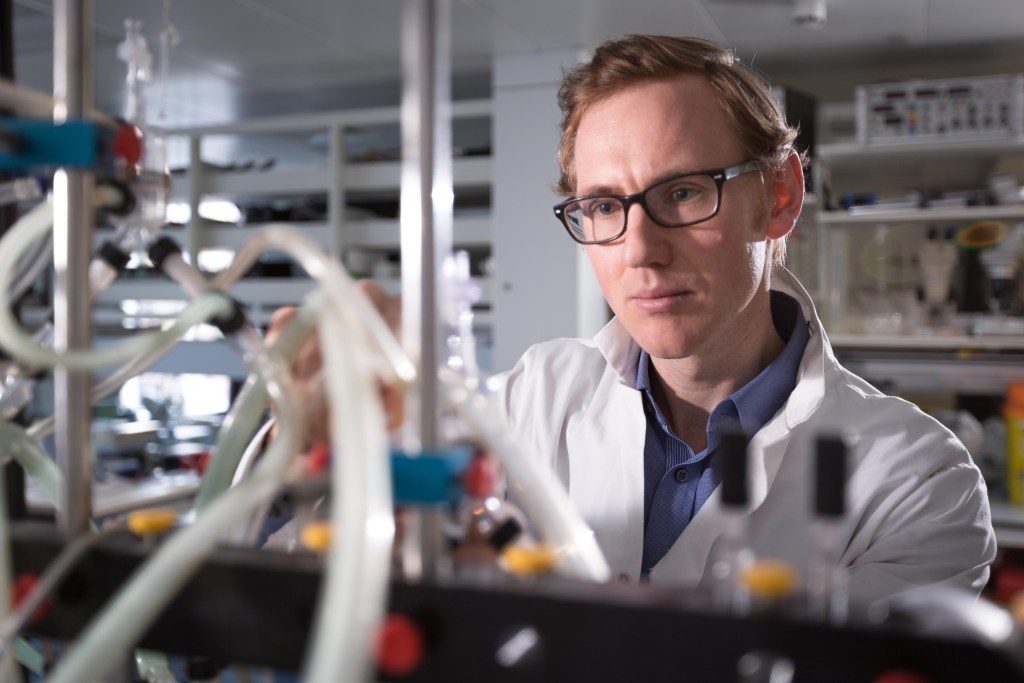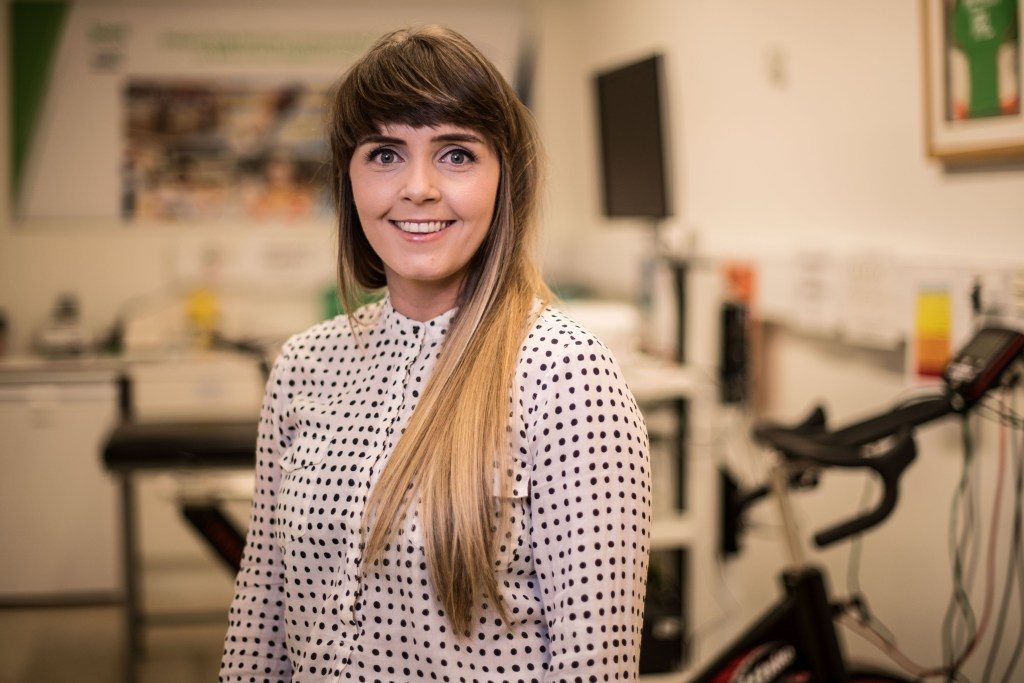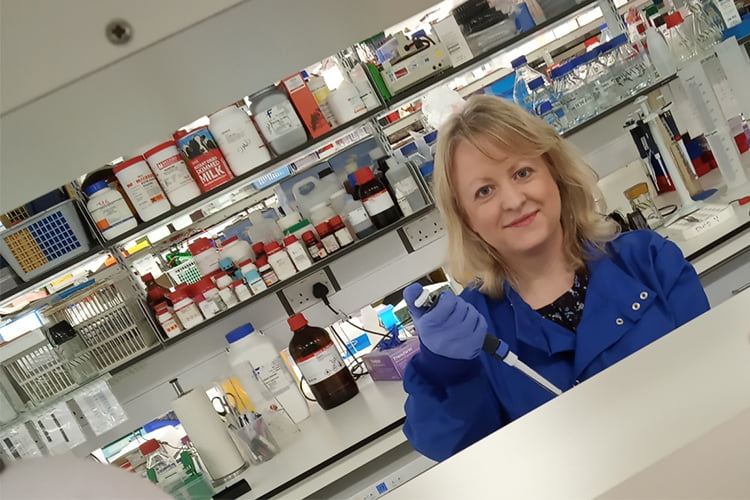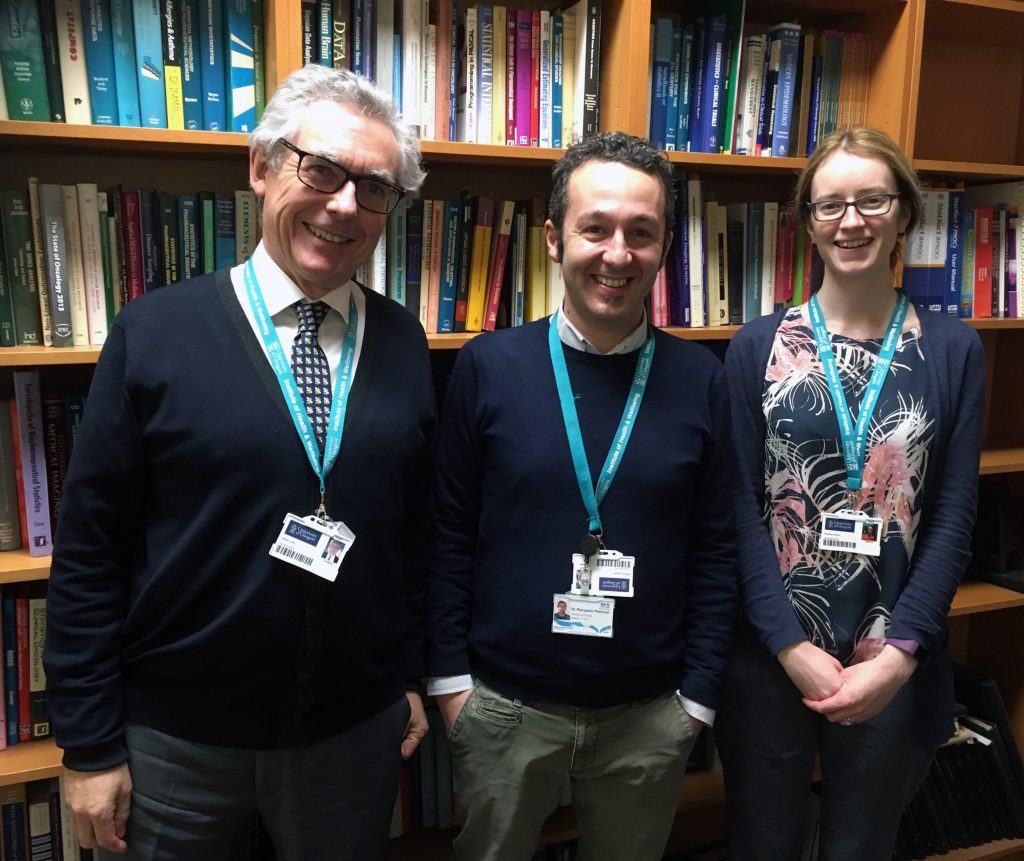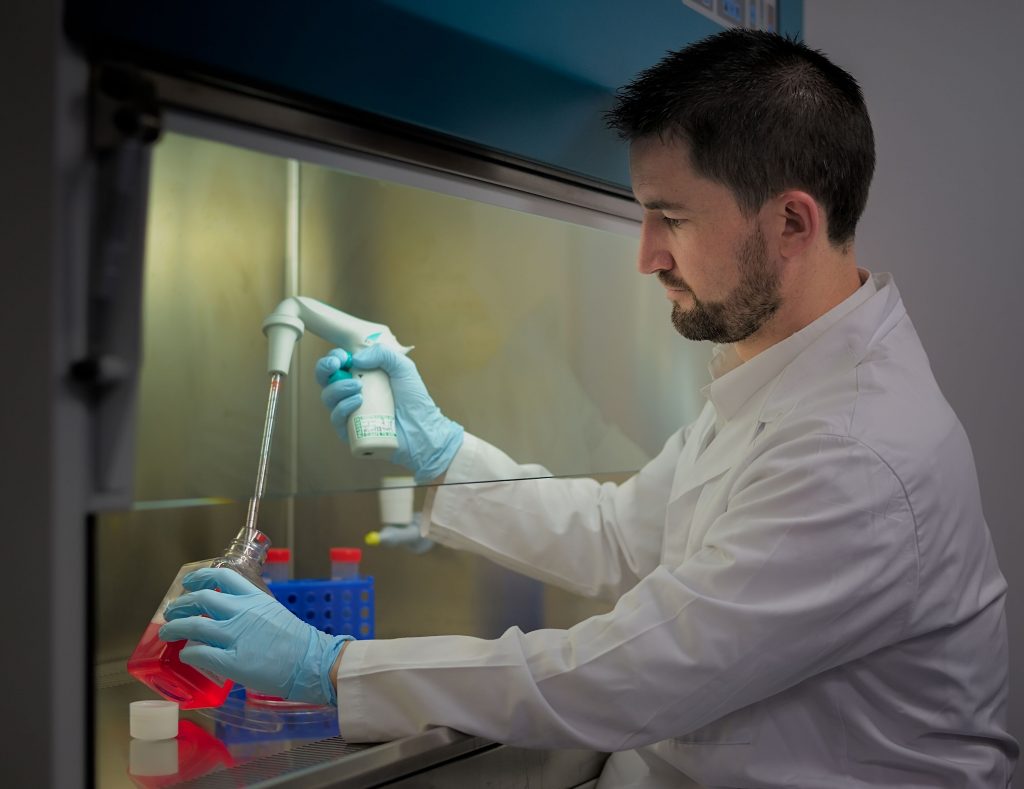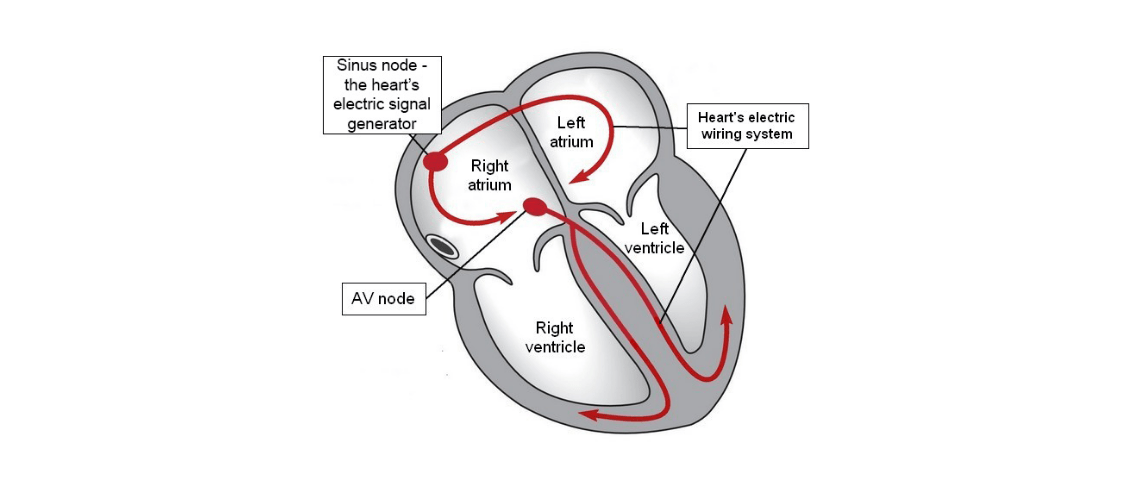
Arrhythmias are abnormal heart rhythms and are due to problems with the electrical signals in the heart that control the rhythm or heartbeat. Arrhythmias may cause the heart to beat too slowly, too quickly, or in an irregular pattern.
Arrhythmias are more common in older people and, in many cases, are caused by an underlying condition such as coronary heart disease, heart attack, cardiomyopathy, high blood pressure or heart valve disease.
There are many types of arrhythmias – some are harmless whilst others are potentially fatal, and some types are intermittent.
The main types of arrhythmias include:
- atrial fibrillation (AF) – the most common type and increases the risk of stroke
- supraventricular tachycardia – episodes of abnormally fast heart rate at rest
- bradycardia – the heart beats more slowly than normal
- heart block – the heart beats more slowly than normal due to a delay or blockage in the conduction between the top and bottom chambers of the heart
- ventricular fibrillation – causes loss of consciousness and sudden death if not treated immediately
Some types of arrhythmias are inherited conditions, for example, long QT syndrome and Brugada syndrome.
Some people have no symptoms, but others may experience:
- palpitations, premature beats or skipped beats
- dizziness or fainting
- shortness of breath
- fatigue
Most arrhythmias are manageable and treatment may include:
- medication
- cardioversion – a treatment that shocks the heart back into a normal rhythm
- catheter ablation – a treatment to destroy the area of diseased tissue in the heart that is causing the arrhythmia
- pacemaker – a device that produces electrical signals to help regulate the heart beat
- implantable cardioverter defibrillator (ICD) – a similar device to a pacemaker that monitors the heart rhythm and delivers a shock if the heart develops a dangerous rhythm.
We can’t do this without you
Through pioneering research and accessible education, Heart Research UK aims to reduce the number of people developing and dying from heart disease, while improving and extending the lives of those affected.
As a charity, we can only do this with your help.
People with certain types of heart disease have a higher risk of developing serious complications from Covid-19 and there is evidence that the virus can cause damage to the heart.
We must continue to do all we can to prevent and treat heart disease.
To help us fund more research and education, please make a small donation to help ensure we can continue our work, now and in the future.
